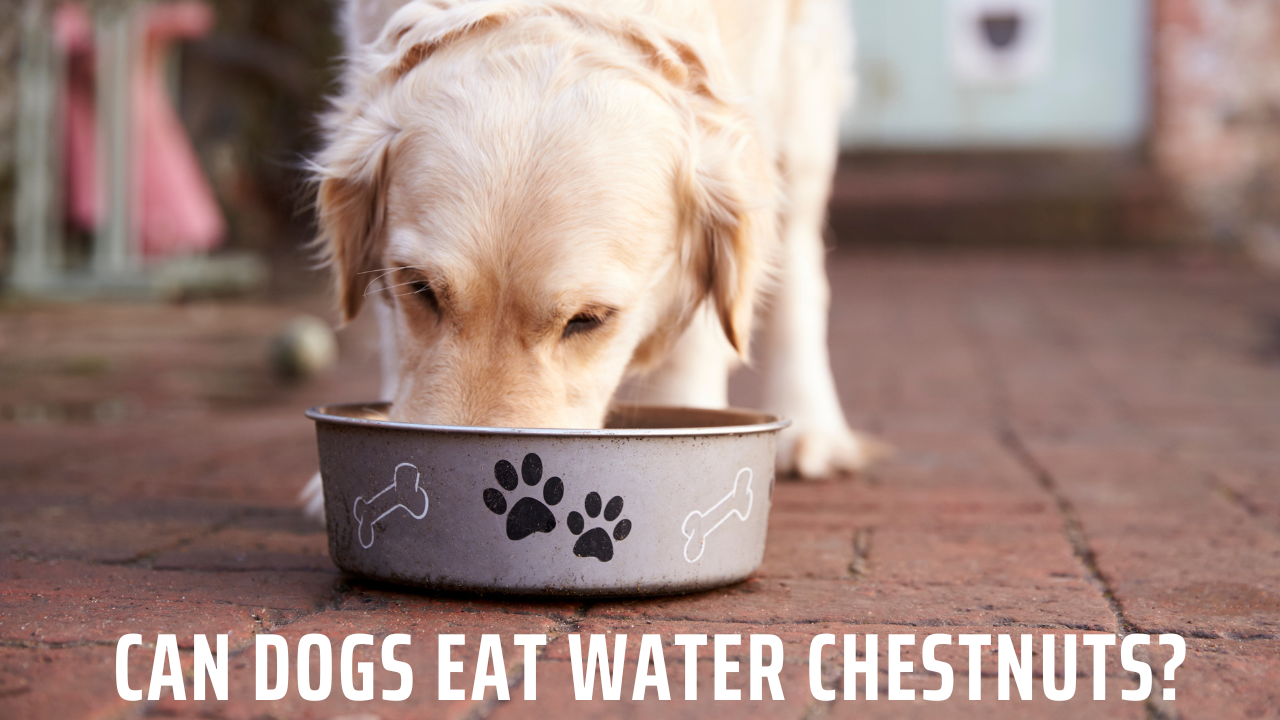As pet owners, our dogs often become part of the family, and we want to ensure they enjoy a healthy and well-balanced diet. But what about water chestnuts? Are they a safe and nutritious addition to your furry friend’s menu? In this article, we’ll explore the world of water chestnuts for dogs, covering health benefits, preparation methods, alternatives, and more to help you make informed choices for your canine companion.
Water Chestnuts
Water chestnuts are aquatic tuber vegetables known for their crunchy texture and subtle sweetness. While a popular addition to human dishes, pet owners may wonder if they can share this unique treat with their dogs.
5 Health Benefits of Water Chestnuts to Dogs
There are many health benefits of water chestnuts here are few of them:
1. Lower in Calories:
Ideal for dogs watching their weight, water chestnuts are low in calories, making them a healthy treat option for pets.
2. Rich in Nutrients
Packed with essential nutrients, including potassium and fiber, water chestnuts can contribute to your dog’s overall well-being.
3. Promotes Hydration
With a high water content, water chestnuts can help keep your dog hydrated, especially during warmer months.
4. Digestive Health
The fiber content aids in digestion, promoting a healthy gastrointestinal system.
5. Crunchy Dental Delight
The crunchy texture of water chestnuts can contribute to dental health by helping reduce plaque and tartar buildup.
How to Prepare Water Chestnuts for Dogs
When sharing water chestnuts with your dog, ensure they are prepared in a dog-friendly manner:
- Boiled or Steamed: Opt for plain, boiled, or steamed water chestnuts without added seasonings or oils.
- Chopped into Small Pieces: To prevent choking hazards, chop water chestnuts into small, manageable pieces for your dog.
Alternatives to Water Chestnuts for Dogs
If your dog isn’t a fan of water chestnuts or you’re looking for variety, consider these alternatives:
Carrot Slices
Carrot slices are thin, round pieces of fresh carrots, a popular and crunchy vegetable enjoyed by many dogs.
- Low in calories: Ideal for dogs on a calorie-conscious diet.
- Rich in beta-carotene: Converts to vitamin A, promoting healthy vision and skin.
- Natural teeth cleaner: Chewing on carrot slices can help reduce plaque and tartar buildup.
Green Beans
Green beans are slender, green vegetables that can be served fresh, frozen, or lightly steamed for dogs.
- Low-calorie option: Great for dogs maintaining weight or on weight loss programs.
- High in fiber: Supports digestive health and helps regulate bowel movements.
- Rich in vitamins: Provides essential nutrients like vitamins C and K.
Apple Chunks
Apple chunks are bite-sized pieces of fresh apples, a sweet and nutritious fruit loved by many dogs.
- Packed with vitamins: Apples contain vitamins A and C, contributing to overall health.
- Fiber Content: Supports digestion and can help with gastrointestinal regularity.
- Natural sweetness: Appeals to dogs with a sweet tooth without added sugars.
Sweet Potato Bites
Sweet potato bites are small portions of cooked sweet potatoes, a starchy vegetable loved by dogs.
- Rich in beta-carotene: Converts to vitamin A, promoting eye health.
- High in fiber: Supports digestive health and provides a feeling of fullness.
- Antioxidant properties: Sweet potatoes contain antioxidants that help combat oxidative stress.
Are Water Chestnuts OK for Dogs to Eat?
Yes, when prepared appropriately, water chestnuts can be a safe and healthy addition to your dog’s diet. However, always consult your veterinarian before introducing new foods to your pet’s menu, especially if they have pre-existing health conditions.
Are Water Chestnuts Good or Bad? Are They Inflammatory?
Water chestnuts, when given in moderation and prepared correctly, are generally good for dogs. However, like any treat, excessive consumption may lead to digestive upset. There’s no evidence to suggest that water chestnuts are inherently inflammatory for dogs.
Can My Dog Eat Snap Peas?
Yes, snap peas can be a healthy and crunchy snack for dogs when given in moderation. They are rich in vitamins and can serve as an alternative to water chestnuts.
Suggested Reading: Can Dogs Eat Coconut Rice?
Final Words
In conclusion, water chestnuts can be a nutritious and tasty addition to your dog’s diet, providing a range of health benefits. However, moderation and proper preparation are key. Always prioritize your dog’s safety and consult your veterinarian to ensure that water chestnuts align with your pet’s individual health needs. Consider incorporating a variety of dog-friendly alternatives to keep your canine companion excited about mealtime.


